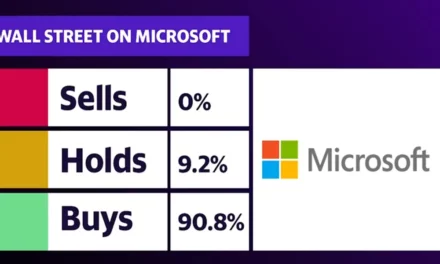If there is anything about the pandemic that has changed things for low-wage earners, it’s that they now demand opportunities. Workers desire opportunities to grow and step up towards the next phase in a structured career path.
Fortunately, many major corporations are also stepping up their game to make this a reality for thousands who found themselves unemployed during the pandemic.
The pandemic has given many people who lost jobs the opportunity to rethink what they want from their employers. Specifically, they want an actual career path that would enable them to learn new skills or hone existing ones towards better employment opportunities down the line.
Workers want career advancement
Big corporations known to hire low-wage workers like Chipotle and Walmart have added a specific line in their job postings to lure in potential employees: career advancement. In fact, these companies announced that they are in the process of making major improvements in terms of employee education and training.
Even Amazon, a company that’s making news for unethical hiring and retention processes and an overall disregard for employee welfare, is doing something. It is currently holding talks between workers and management to see where improvements can be made.
This push towards including more options for career advancement, especially among low-wage workers, is seen as an offshoot of the labor shortage that occurred as the country began to come out of lockdown. Those who have returned (or are returning) to work now expect their employers to go beyond mere raises.
While the average American paycheck is getting bigger, employers are now expected to have better measures in terms of employee healthcare as well as the education of their children.
If the demand for guidance towards a definite career path for employees gains sway, it stands to change the way companies have treated employees for decades. Up until recently, except for top executives and managers, rank and file employees were seen more as an area for cost-cutting.
Under the new mindset, these employees are an asset to the company. They also comprise a definite area for investment in terms of learning and advancement. As a result, workers’ welfare organizations are making it a point to push for exactly what people need in the workplace.
New workplace paradigm
One such organization is OneTen, a corporate coalition that aims to spend the next decade getting one million Black Americans hired into or promoted to careers that offer a sustainable livelihood for themselves and their families. Originally made up of over 30 companies when it started in December 2020, the coalition has since grown to a 52-member roster, including major corporations like AT&T, Accenture, Bank of America, IBM, and Verizon.
Some companies are deviating sharply from the degree-driven hiring methods of the past. For example, OneTen’s merit-driven initiative calls for hiring people based on their skills. Based on their findings, tech skills are increasingly in demand, particularly in online operations, sales and marketing, and customer service.
To help boost viable skills among individuals, the coalition also promotes training programs that are driven by completion rates and actual job placements; as of press time, 24 programs have already been approved for implementation.
But OneTen is just one of many organizations now mobilizing the push for a viable career path for employees in the United States. Moreover, as economies begin to reopen following extensive vaccination drives, the workplace paradigm may continue to shift in other parts of the world.














